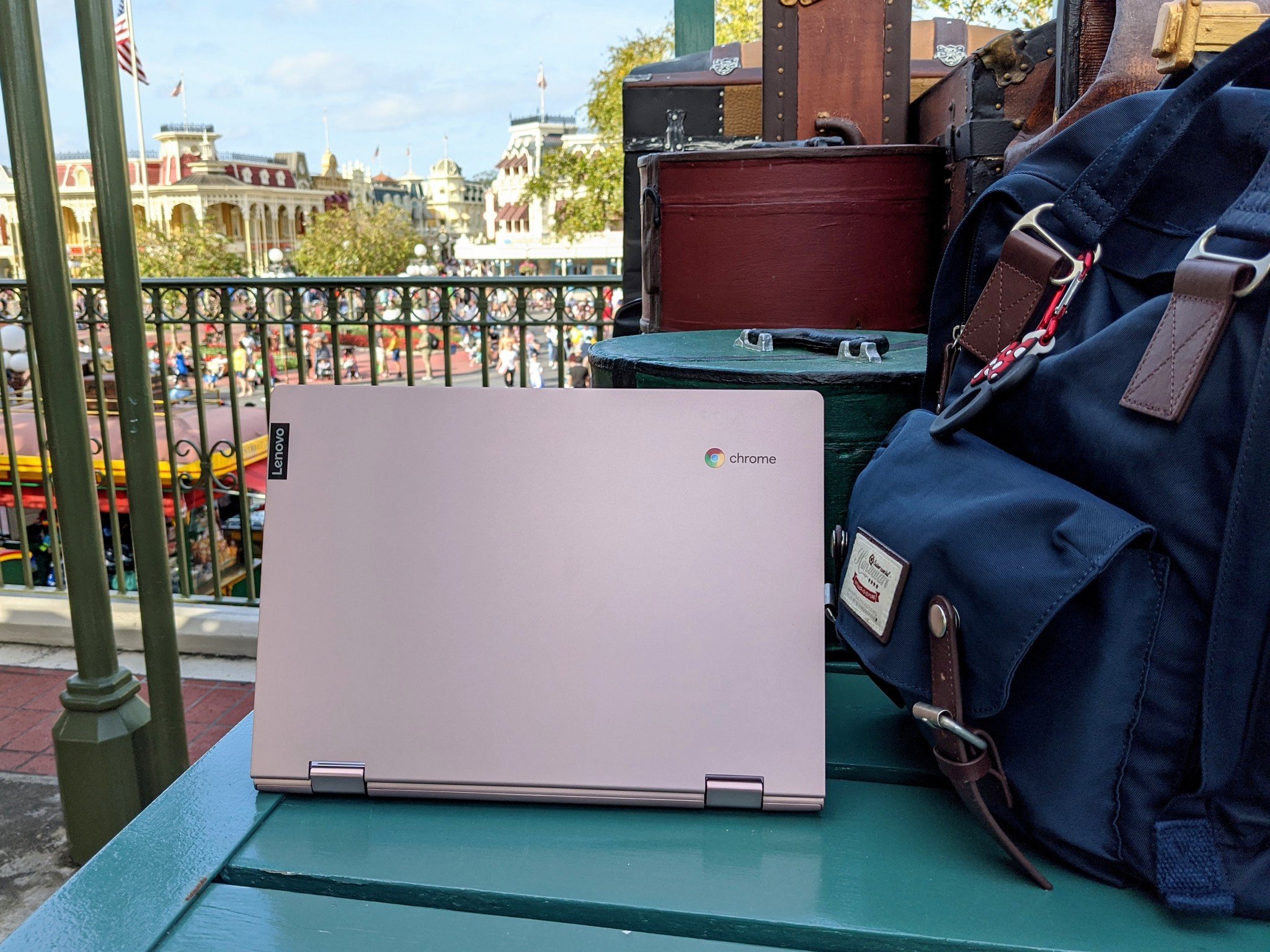Millions of students could be without a laptop as they return to school

What you need to know
- Laptop shortages will affect millions of students this year.
- HP, Lenovo, and Dell reportedly have a shortage of almost 5 million laptops.
- Many students will take classes virtually this year due to the current pandemic.
Laptop shortages across the United States could greatly affect schools as classes start up again. Due to hardware delays, laptops might not arrive in time for the start of virtual classes. With the current global pandemic, laptops have become an essential tool for many students, even more so than usual. According to a report by the Associated Press, three major PC manufacturers, Lenovo, HP, and Dell, have a shortage of almost 5 million laptops.
The shortage is a result of several factors. The AP reports that according to interviews with over 24 schools, school districts in 15 states, PC suppliers, and computer companies and analysts, the Trump administration's sanctions on Chinese suppliers exacerbated the shortage.
Tom Baumgarten, a superintendent of the Morongo Unified School District in California, said to the AP, "This is going to be like asking an artist to paint a picture without paint. You can't have a kid do distance learning without a computer." Baumgarten's district has 8,000 students that qualify for free lunch, and most of them need computers for distance learning.
Baumgarten's district had an order for 5,000 Lenovo Chromebooks in July, but that order was "stopped by a government agency because of a component from China that's not allowed here," according to Baumgarten. The district switched to HP hardware, which was initially set to arrive by August 26, the first day of school, but that order has been delayed multiple months. Now, the district only has 4,000 laptops, which is roughly enough for half of its students.
The Morongo Unified School District is an indicative example, which is backed up by several other examples and statistics shared by the AP. The Denver Public Schools district is waiting for 12,500 Lenovo Chromebooks, which were ordered in April and May. That district has managed to obtain some devices, but will reportedly fall about 3,000 devices short, according to Laura Hussain, an IT director for the district.
Lenovo sent a letter to customers in late July, which pointed to "trade controls" as a cause for hardware delays. Matthew Zielinski, president of Lenovo North America, said in the letter, "This delay is a new development and is unrelated to supply constraints previously communicated."
Lenovo did not respond to inquiries from the AP, though a Lenovo official stated that the company had a backlog of more than 3 million Chromebooks, according to Daniel Thigpen from California's Department of Education.
Be an expert in 5 minutes
Get the latest news from Android Central, your trusted companion in the world of Android
The shortage affects schools and school districts across the country, including Montana, New York, Indiana, Maryland, Ohio, New Hampshire, California, and Alabama, according to the AP.
Tom Quiambao, director of technology for the Tracy Unified School District in Northern California, was told that "HP is short 1.7 million units of laptops" due to production shortages of several components made in China. Quiambao's district has an order of 10,000 HP laptops from July that will take three months to be delivered.
An HP spokesperson stated to the AP, "we are continuing to leverage our global supply chain to meet the changing needs of our customer." Dell had a similar response to the AP, stating, "We can't comment on demand and supply specifically," also adding that it is trying to "to fulfill orders as efficiently as possible.."
This isn't the first we've seen regarding laptop shortages this year. Earlier this month, we covered stock shortages for Chromebooks. Also earlier this month, Apple and T-Mobile committed to offer up to a million students iPads at discounted rates to help them learn virtually.

